Our response to the Government’s Equality Law call for evidence
At Socially Mobile, we know that talent is everywhere, but opportunity is not.
That’s why we have responded to the UK Government’s recent Call for Evidence on Breaking Down Barriers to Opportunity at Work, part of its review of the Equality Act 2010.
This important consultation aims to understand what helps or hinders career progression for people across the UK, especially those from under-represented groups.
Why we took part
Socially Mobile exists to improve access to leadership roles in the communications industry for individuals from lower socio-economic backgrounds and marginalised communities. Since 2021, we’ve supported more than 120 professionals in developing strategic skills, building confidence and taking the next step in their careers often when no one else would invest in them.
We see firsthand how structural inequalities limit progression in the public relations and public affairs industry. By contributing to this call for evidence, we aim to ensure that these experiences are heard by policymakers and that practical, tested solutions like ours are considered as part of future reforms to equality law and policy.
What we said
1. Barriers to progression are real and persistent
In our submission, we highlighted four major challenges:
Socio-economic exclusion
Public relations and corporate communications are fields dominated by people from wealthier backgrounds. Despite being full of creative, talented individuals, the sector is under-represented by more than 13,000 working-class professionals.
Lack of employer-funded training
Especially in the public and charity sectors, many people don’t have access to the development they need to progress, particularly if they can’t afford to fund it themselves.
Career penalties for women and carers
Our Missing Women research, supported by the CIPR, found that gendered expectations, inflexible work and career breaks for caregiving all combine to push talented women out of the profession or stall their advancement.Intersectional disadvantage
For many of our students, race, disability and sexual orientation combine with class to create multiple, overlapping obstacles to management roles.
2. We’re tackling these barriers head-on
Socially Mobile provides fully funded executive education to those who need it most, delivering practical, inclusive training in leadership, strategy and financial management. The programme is designed to be flexible and accessible, including for neurodiverse learners and those working alongside caregiving responsibilities.
Our outcomes:
80% of graduates feel more confident applying for senior roles.
41% report a promotion or pay rise after completing the course.
Our 2024 cohort included participants from a wide range of backgrounds - ethnically diverse, disabled, LGBTQ+ and from outside London.
We also continue to drive wider conversation and change. Our Missing Women study is already influencing the way organisations think about inclusion and we will continue to advocate for evidence-led reform.
3. We called for bold but achievable actions
In our submission, we encouraged the Government to:
Enact the socio-economic duty in Section 1 of the Equality Act 2010, to ensure public bodies actively consider how to reduce inequality.
Fund inclusive training through grants or tax relief for programmes such as ours.
Support research into attrition and under-representation in key industrial sectors.
We also urged employers to audit progression pathways, invest in mid-career talent and partner with organisations such as Socially Mobile to build diverse leadership pipelines.
We encouraged industry bodies to link recognition and awards to genuine progress on equity, diversity and inclusion.
What's next?
We’re proud of the role we play in breaking down barriers to opportunity, but we know this work can’t happen in isolation. But lasting progress requires government, employers and the wider industry to recognise the systemic nature of these challenges and act together to remove them.
We hope that our submission makes a meaningful contribution to the Equality Act review, and we remain committed to working with others to build a fairer and more inclusive workplace for all.
Want to help us continue this work?
Whether you’re a funder, partner, or prospective student, we’d love to hear from you. Visit www.sociallymobile.org.uk to find out more.
